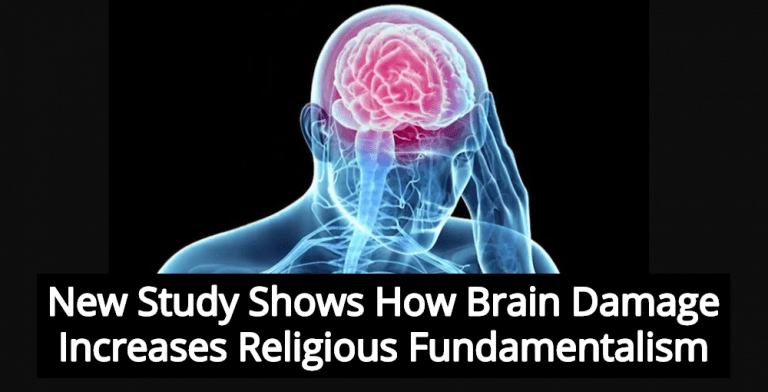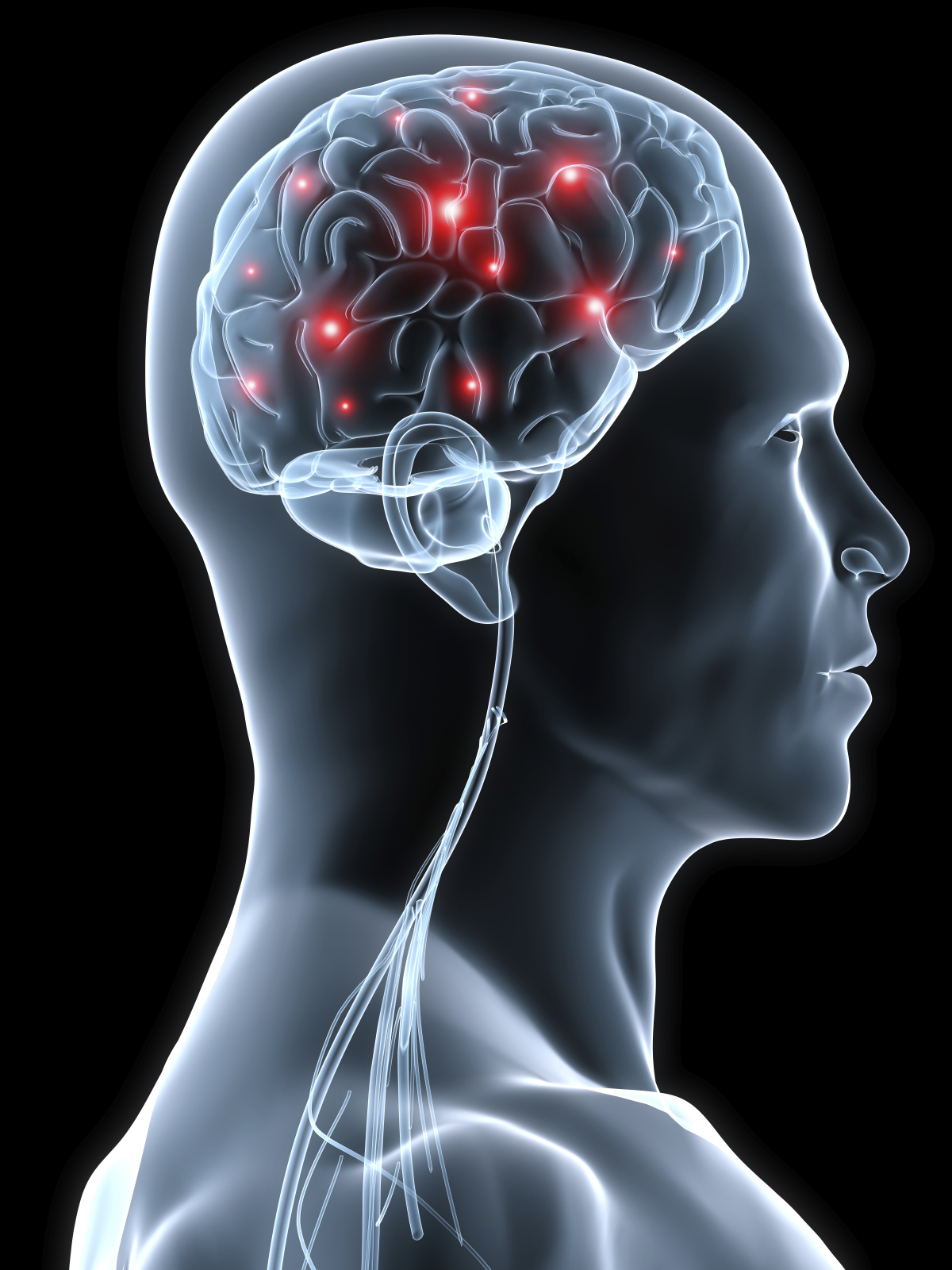
It is worth taking this startling claim seriously. Even more than this, understanding the human brain can be the key to understanding God. Ashbrook and Albright's introduction states that "God-talk is really human-talk, since it is we who are conversing." That is, because we can experience God only as human beings, in the process of learning about human life we will necessarily learn something about God as well. It is as if we were trying to look both in and out of the window at the same time.įurthermore, to study ourselves, the authors claim, is to study God. To study the brain is to study ourselves, but in a way that makes us both subject and object. Ashbrook, who before his recent death was a pastoral theologian and professor emeritus of religion and personality at Garrett Evangelical Theological Seminary, and Albright, executive editor of Zygon: Journal of Religion and Science, seek to develop a "neurobiology of faith." To do so is possible because the brain holds a peculiar place in the universe - and, more specifically, in our universe. Rather, it is a working-out of theology through the lens of the neurosciences. This book is neither a neuroscience textbook nor a systematic theology. Far from endorsing a simple reduction of mind to mere neurons, many neuroscientists are embracing paradigms that emphasize the holistic character of brain function and the ways that reason and emotion interplay to make up a self. In some cases, the answers seem startling.

This culmination of more than 100 years of serious brain research is finally allowing us to ask some truly interesting questions: Where do emotions come from and why do we have them? How do we think and learn? How does the three-pound, gelatinous mass that we call the brain produce our identities? Though final answers are still along way off, it is significant that we can now begin to frame such questions in a scientific way. These maps allow them to observe the brain as it never has been seen before. Spurred by the development of advanced scanning techniques such as PET (Positron Emission Tomography) and MRI (Magnetic Resonance Imagining), neuroscientists are getting glimpses of the brain in action. Congress declared the 1990s the decade of the brain, and it has lived up to that declaration. There has never been a better time to make this argument. They also hope to demonstrate that neuroscience is not only the appropriate but the preferred partner in that dialogue. James Ashbrook and Carol Rausch Albright seek to break new ground in the dialogue between religion and science. They also demonstrated that neuroscience is becoming increasingly important for thinking about some of the basic claims of religion. What they had discovered, rather, was that what goes on in the brain is profoundly connected to what goes on in the mind, even in the most sublime of all experiences. Researchers had indeed found a region of the brain that could be linked to religious experience, but they neither claimed that this region was the cause of all such experiences nor sought to disparage or "reduce" religion or religious experience. Some theists countered, equally glibly, that God had designed our brains to be receptive to the divine consequently, atheists seemed to be missing a vital piece of equipment. On Internet discussion groups, atheists crowed that religion had been proven to be nothing more than a dysfunction of the brain. Some news services announced that scientists had discovered the source of religious experiences.
#Thebrain and religion series
In a series of tests, epileptic patients with heightened brain activity in the temporal lobe showed hypersensitivity to religious words and phrases. In late 1997, an unusual story about the discovery of a "God-spot" in the brain began to appear in newspapers and newsmagazines. The Humanizing Brain: Where Religion and Neuroscience Meet.īy James B. The authors of a new book show that the discoveries of neuroscience -and most especially discoveries about the human brain - have implications for how we speak of the self and the self’s relationship to God.

This text was prepared for Religion Online by John C. Copyright by The Christian Century Foundation, used by permission. This article appeared in the Christian Century, January 27, l999.

Greg Peterson is assistant professor of religion at Thiel College in Greenville, Pennsylvania.


 0 kommentar(er)
0 kommentar(er)
